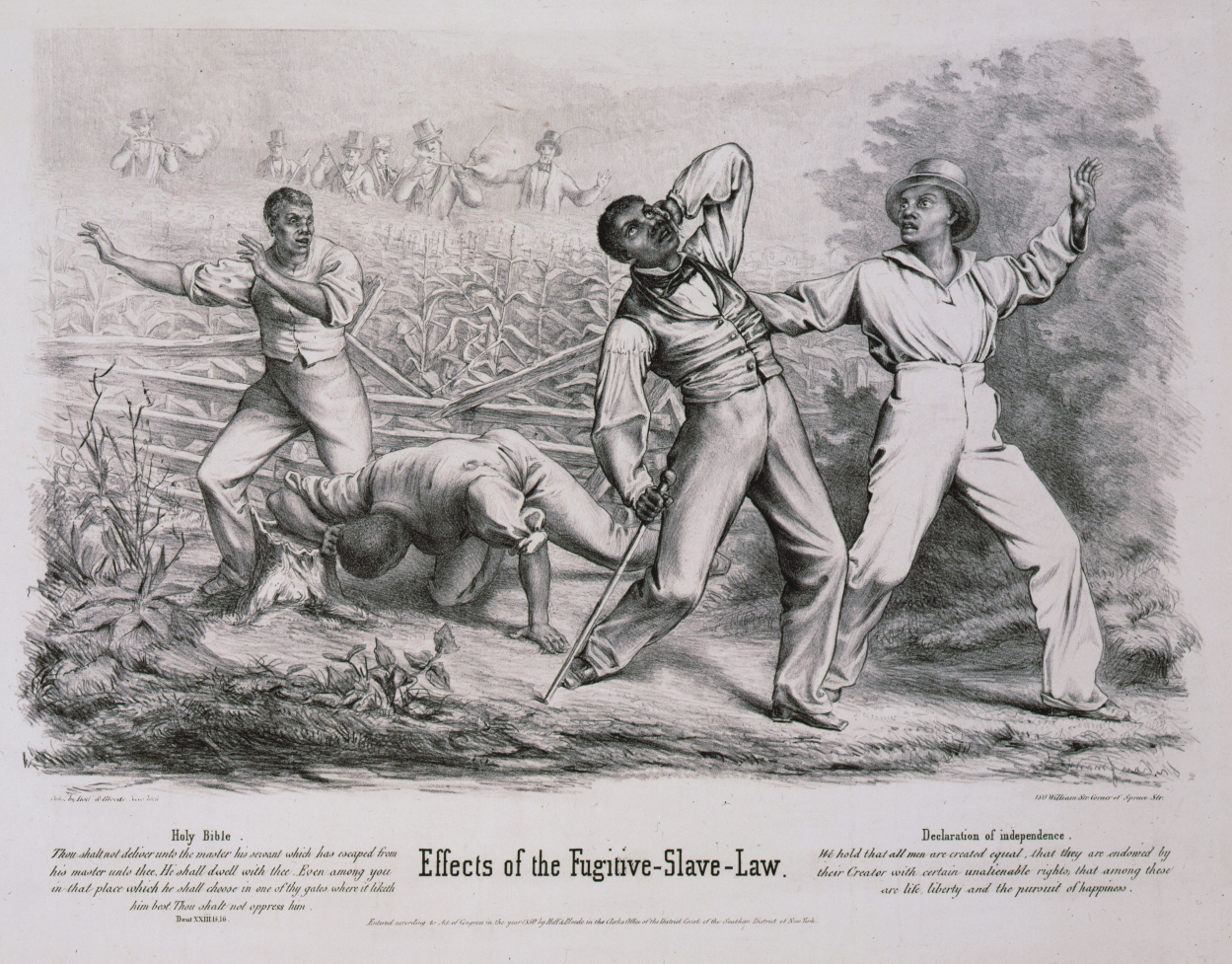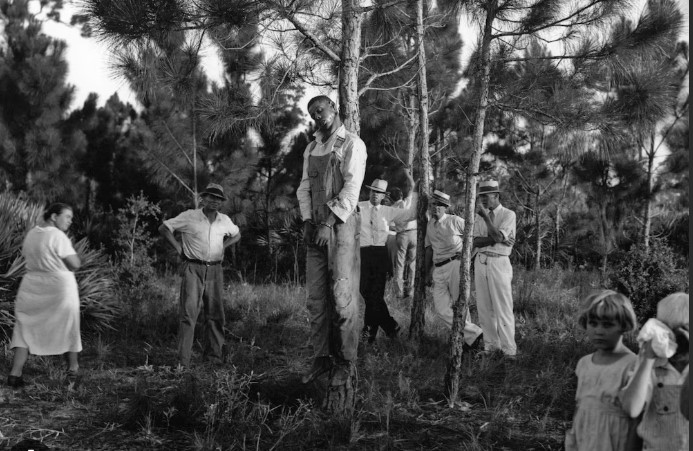Frank Ross. That was his slave name, but I wonder what his African name would have been. He was my 4th great-grandfather, born circa 1830 somewhere near Crawford County, Georgia. The life of Frank Ross is intriguing and mysterious. There are yet so many holes in African American ancestry. DNA is helping to answer some of those questions. His slave owner, Dr. William Tarver Ross (of Scottish ethnicity), was born in Jefferson County, Georgia but later moved to Pike County, Alabama. William Ross died on 8 July 1864 in Pike County, Alabama.
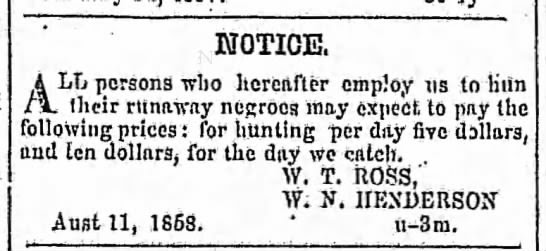
Before his death, Wm. T. Ross was the owner of a lucrative slave catching business. It’s hard to imagine a medical doctor involved in slave catching, let alone owning slaves. You have to remember, the more slaves a European planter owned, the more land they were granted from the federal government. However, during that time period, although slaves were not considered human, they were worth lots of money and free labor to European planters. Each day Wm Ross and his buddy W. Henderson were paid $5 to hunt for fugitive slaves and if they caught the slave they were paid $10.
Estate of Wm. T. Ross in 1864, Pike County, AL
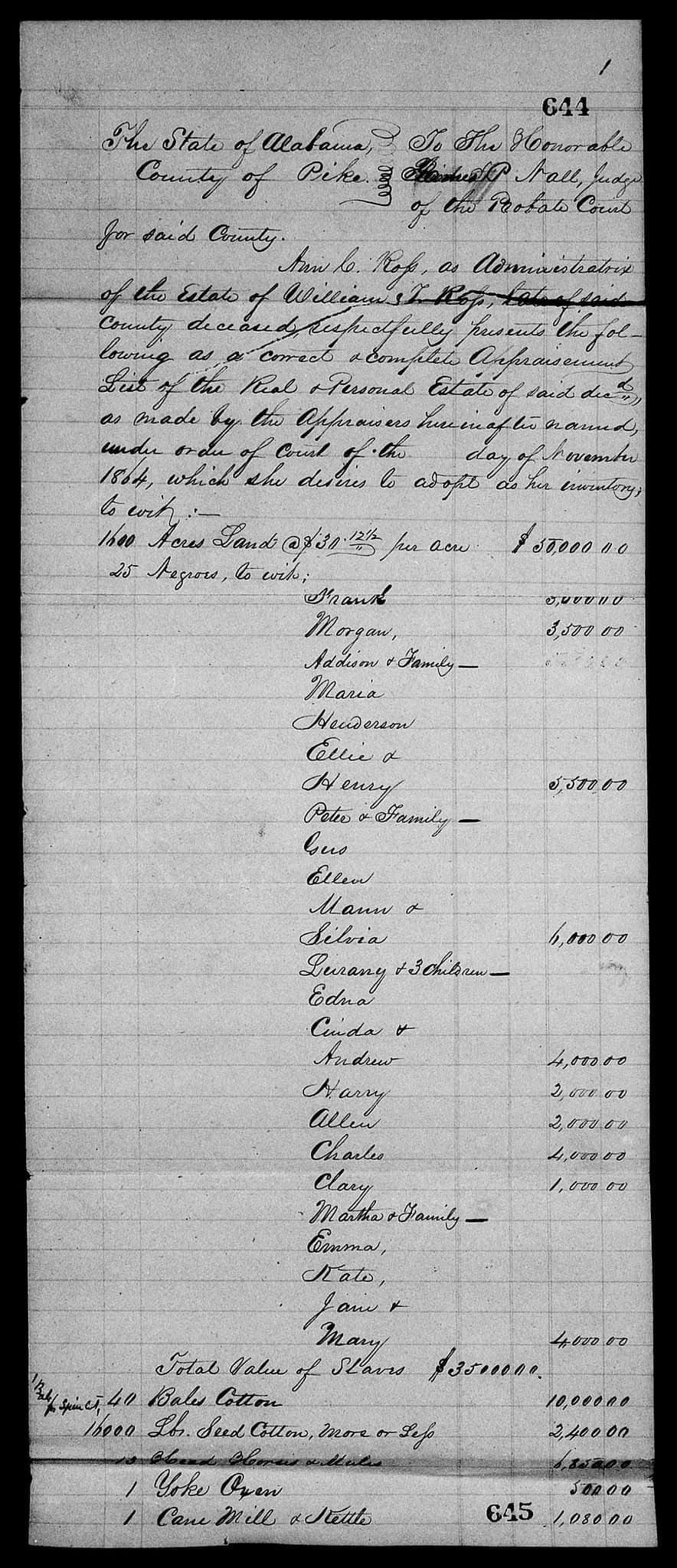
Reading about slavery in school textbooks just seems like another event in history. Reading a document that records one of your ancestors as appraised property makes the atrocities of slavery even more palpable. Apparently, Wm. T. Ross MD was a wealthy man. At the time of his death, his wife was the administrator of his estate: 1600 acres worth $50k, 25 negroes worth $35k, and 40 bales of cotton worth $10k; including other items. My 4x great-grandfather was the first slave listed, worth $3k. Slavery, a relentless monster that bore an insatiable appetite for free labor stripped African descendants of everything imaginable. The applied price tag to slaves was horrid. Slaves were not even considered humans, but animals. Frank Ross and twenty-four other slaves were recorded on the same page as oxen, cows, horses, and mules.
Wm. T. Ross Estate Sale in 1869, Pike Co., AL
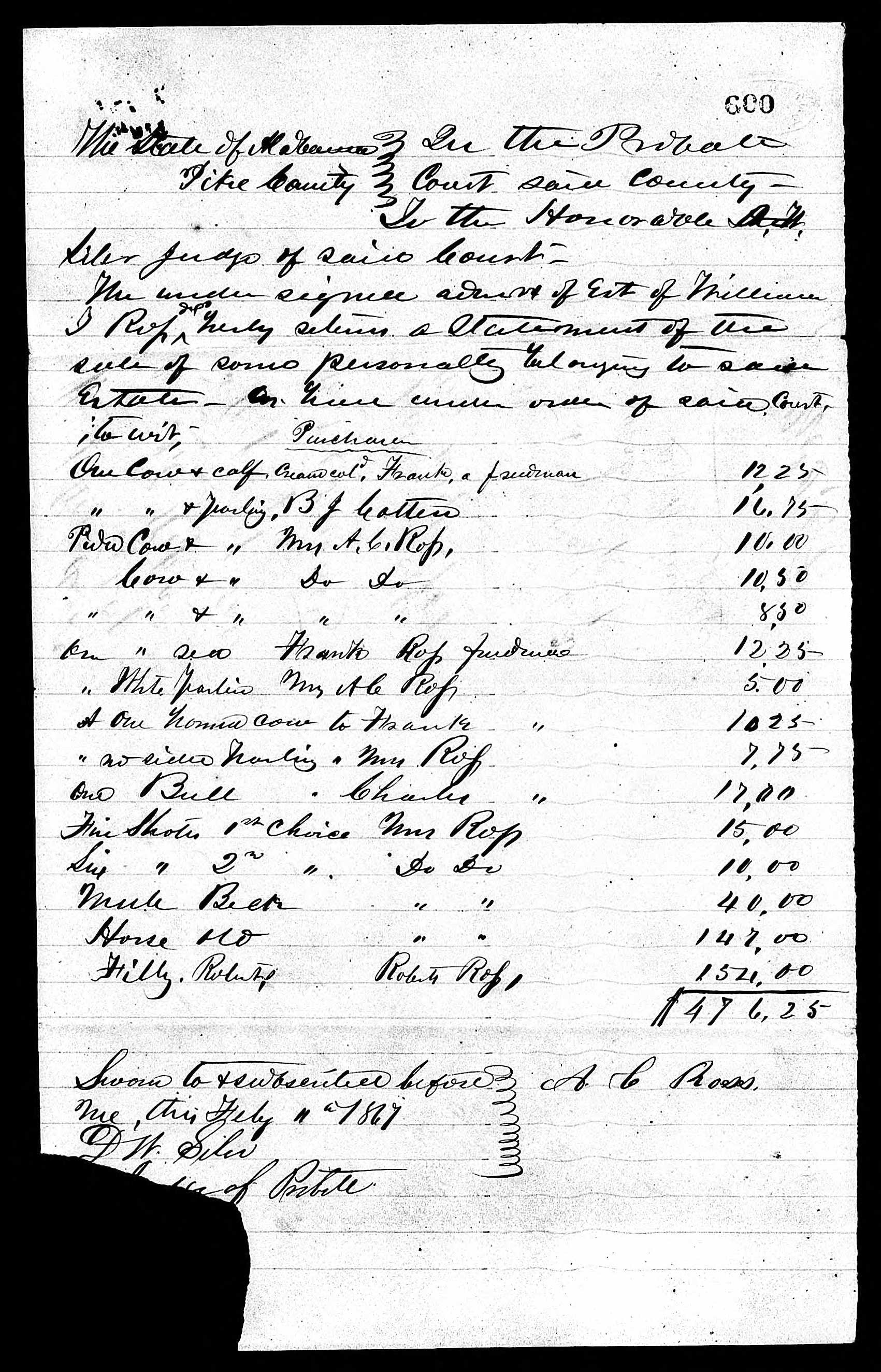
One cow, calf, & cream bought by col’d (colored), Frank (freedman) $12.25
In 1869, Wm. T. Ross personal items were sold to the public. Guess who comes back to purchase one cow, calf, and cream? Frank Ross. For $12.25 Frank purchased those items from his former slave owner. You would think those items would be free. I mean did Frank even get the 40 acres and mule. Of course not, but I’m sure Wm. Ross’s descendants received a portion of the 1600 acres he owned.
Frank married Ann Ross just before Christmas on 17 December 1865 in Pike County, Alabama.

In 1870, all men of any race were allowed to vote according to the Fifteenth U.S. amendment. Fifty years later, in 1920, the Nineteenth U.S. amendment allowed women to vote. In 1874, Frank Ross was recorded working the election polls with his former slave owner’s son, Robert Ross. Their work at the polls went toward the election of Alabama’s first democratic governor after the Civil War, Gov. George Smith Houston.

Where am I from? What did my ancestors endure? Where in Africa did they live? Questions toppled on top of a mound of other questions plague the African American community. DNA has helped us find lost ancestors and fill in the holes of our history. I harbor no hate toward anyone. This is all history. Mistakes often happen once or twice. People normally learn from their mistakes. Slavery lasted nearly 250 years in the United States. The federal government perpetuated the institution of slavery for centuries. That’s not a mistake, that’s intentionality. Today slave catchers are still hunting unarmed African American men and women. What did we learn?
